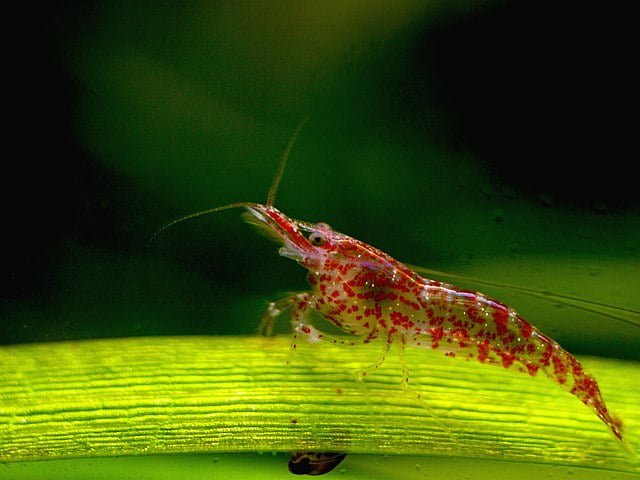Three of the leading organisations in responsible aquaculture have teamed up to help farmers adopt more responsible practices, simplify choices for retailers and consumers, and make better use of their industry data and knowledge.
Aquaculture Stewardship Council (ASC), the Sustainable Fisheries Partnership (SFP), and the Monterey Bay Aquarium Seafood Watch Programme, have embarked on the ambitious project, which will focus particularly on Southeast Asia, but could have a global impact by improving collaboration and efficiency in a sometimes fragmented industry.
“While our three organisations are all working to promote responsible aquaculture, we each have different areas of focus which results in necessarily differing approaches. However, there is an opportunity to be more integrated in our data collection and improvement approaches,” said Douglas Tenison-Collins, ASC Monitoring and Evaluation Coordinator. “Improving this integration could reduce costs for producers and improve clarity for retailers and consumers, while also allowing us all to benefit from each other’s monitoring and evaluation research.”
“We are excited to be partnering with ASC and Seafood Watch to explore new approaches to driving landscape-level improvements in aquaculture,” said SFP Deputy Programs Division Director Dave Martin. “We hope to make the path to sustainability easier for producers and engage more stakeholders, while developing an improvement model that can be recognized by buyers in the same way FIPs are now.”
“Seafood is a critical food source for nearly three billion people and provides direct employment for 19 million. Much of that production takes place in Southeast Asia,” said Seafood Watch Senior Program Manager Ryan Bigelow. “Engaging with and learning from producers in the region is critical to improving livelihoods, the sustainability of our seafood and the health of our ocean.”
The work is funded by a grant from ISEAL, the global membership organisation for credible sustainability standards, and funding from the Swiss Government’s State Secretariat for Economic Affairs (SECO).
The project will start by conducting an in-depth technical comparison of each programme’s methodologies – highlighting key points of difference and commonality, and opportunities for integration.
The project will have a tangible impact on small scale farmers, with the partners developing and launching two joint Aquaculture Improvement Projects (AIPs) – one in Indonesia and one in Vietnam, two major producers of farmed seafood. The AIP will include a training program for seafood farmers, providing them with practical guidance on how to farm more responsibly.
Stay Always Informed
Join our communities to instantly receive the most important news, reports, and analysis from the aquaculture industry.
The project will also look at where inefficiencies can be reduced, messaging to the global seafood markets can be harmonised, and consistency of data they collect can be improved.
One of the major benefits off all three programmes is the data they collect about the practices of the industry – data which in many cases was not previously available, and can be used to drive improvements in future. But the process of collecting this information can prove time-consuming, and there are likely areas of overlap which can be streamlined – potentially saving farmers involved in the programmes time and money, but also making it easier to collate and compare the different programmes’ data. This will help better monitor not only the wider industry but also the ongoing impact that the programmes themselves are having, providing further opportunities for improvement.
Editor at the digital magazine AquaHoy. He holds a degree in Aquaculture Biology from the National University of Santa (UNS) and a Master’s degree in Science and Innovation Management from the Polytechnic University of Valencia, with postgraduate diplomas in Business Innovation and Innovation Management. He possesses extensive experience in the aquaculture and fisheries sector, having led the Fisheries Innovation Unit of the National Program for Innovation in Fisheries and Aquaculture (PNIPA). He has served as a senior consultant in technology watch, an innovation project formulator and advisor, and a lecturer at UNS. He is a member of the Peruvian College of Biologists and was recognized by the World Aquaculture Society (WAS) in 2016 for his contribution to aquaculture.







